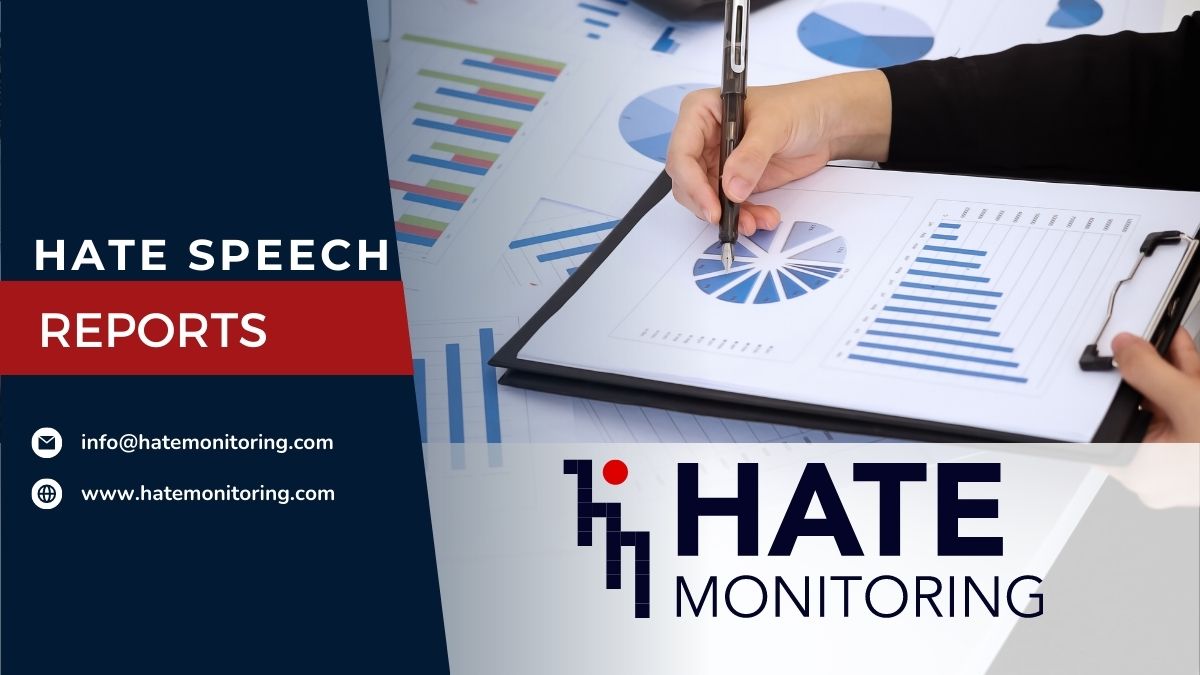Incident Information
Date of Incident: October 24, 2023
Location of Incident: Turkey
Identifying information of Perpetrator(s) Ali Yerlikaya, Minister of Interior of Türkiye
Source: https://twitter.com/AliYerlikaya/status/1716736507128500236
Hate Speech Analysis
Transcription of the hate speech statement: ” Hain ‘’FETÖ’’ye göç açtırmayacağız.” ‘’We will give no chance to ‘’FETÖ’’ traitor to recovery.’’
Target group(s) of the hate speech: The hate speech in this statement is directed against the Gülen movement.
Justification of the hate speech: There is no justification for hate speech. Hate speech is generally rooted in prejudice, intolerance, and a desire to demean or harm individuals based on their true or perceived affiliation, characteristics or beliefs.
Analysis of the hate speech statement: The perpetrator refers to Gülen movement because the perpetrator uses the term ‘FETÖ’ in his statement. It is important to acknowledge that “FETÖ” is a derogatory label used by the Turkish government to stigmatize and marginalize followers of Fethullah Gülen, a Turkish Islamic scholar residing in the United States. The deliberate usage of this term on media outlet’s website perpetuates negative stereotypes and contributes to the stigmatization of individuals associated with the Gülen movement. It is important to recognize that hate speech targets specific groups or individuals based on their characteristics, affiliations, or beliefs, and serves to demean, marginalize, or incite hatred towards them. By employing the term “FETÖ” to refer to individuals allegedly affiliated with the Gülen movement, the statement contributes to the amplification of discriminatory and harmful rhetoric. Such language further reinforces negative perceptions, fuels social division, fans the flame of hatred and can lead to the marginalization and discrimination of the targeted group.
Contextual information: The hate speech statement is a part of Ali Yerlikaya who used the term “FETÖ” in his speech and targeted publicly the Gülen movement. The term “FETÖ” is a derogatory term that the Turkish government coined to refer to the Gülen movement, which it deems a terrorist group responsible for a failed military coup in July 2016. Its US-based leader, Fethullah Gülen, denies any involvement in the putsch. The European Union and the United States have refused to adopt Turkey’s views on the group. The context of the post suggests a potential misuse of the term “FETÖ” to label and stigmatize individuals associated with the Gülen movement.
On September 26, 2023, the Grand Chamber of the European Court of Human Rights delivered its judgment in Yüksel Yalçınkaya v. Turkey. In the judgment, the court found Turkey in violation of Articles 6, 7 and 11 of the European Convention on Human Rights and ruled that it was unlawful to prosecute the Gülen movement and its members as terrorist organizations and members of terrorist organizations. In the ruling, the court emphasized on the fact that there are systematical problems on the evaluation of the proofs which had been voted by judges 16 to 1. About one month after the court’s ruling, the Minister of Interior made the above-mentioned hate speech in his X post which is placed in the announcement of the operations against the members of Gülen movement or allegedly affiliated to the movement by ignoring ECHR’s Yüksel Yalçınkaya v. Turkey judgment’s paragraph 268 which emphasizes on the fact that no one should be subjected to arbitrary prosecution, conviction or punishment, that whatever the factual basis for the offence, the substantive guarantees of legal certainty should be satisfied.
By finding a violation of Article 7, the ECHR said that the accusations of membership of a terrorist organization against members of the Gülen movement violated the principle of no crime without law, and made it clear that the actions attributed to members of the movement would not constitute crimes according to the international law.
Impact of the statement: The usage of the term “FETÖ” may contribute to further stigmatization and discrimination against individuals associated with the Gülen movement and be a reason to legitimize arbitrary detentions. It has the potential to perpetuate negative stereotypes and create a hostile environment for this specific group.
Conclusion
The statement contains hate speech due to the usage of the derogatory term “FETÖ” to refer to individuals associated with the Gülen movement. Hate speech targets specific groups or individuals based on their characteristics, affiliations, or beliefs, and serves to demean, marginalize, or incite hatred towards them. The usage of such hate speech perpetuates negative stereotypes, contributes to the stigmatization of individuals, and fosters an environment of discrimination and social division. It is crucial to recognize the harmful impact of hate speech and to promote responsible journalism that upholds principles of equality, fairness, and respect for all individuals, regardless of their affiliations or backgrounds.

 Tr
Tr